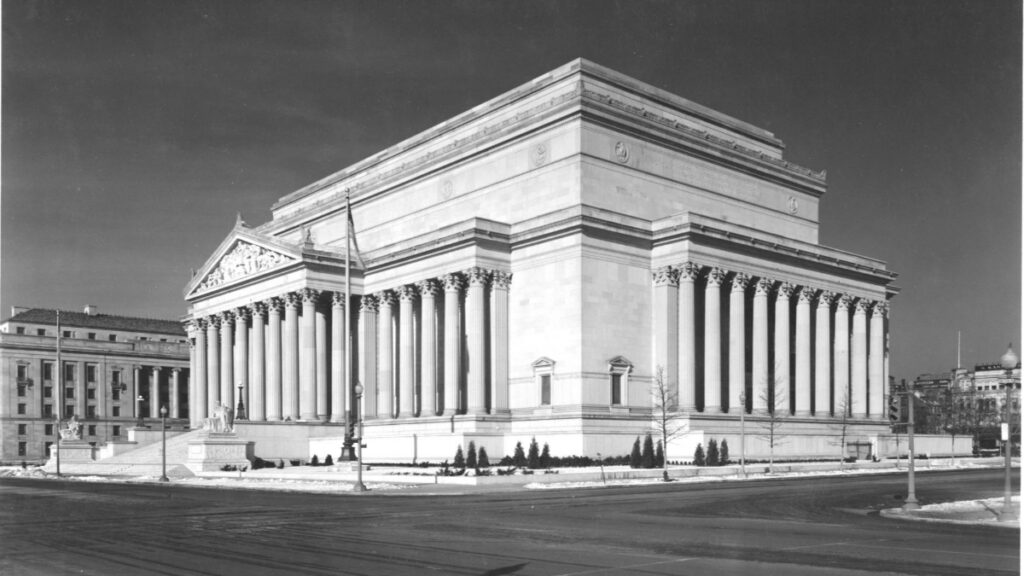The National Archives, one of the most important collections of U.S. history, are now in jeopardy. Acting archivist William J. Bosanko, inspector general Brett M. Bake, and several other key staffers have resigned following the Trump administration’s push to replace them with Trump loyalists. Among the organization’s many records are those dealing with parts of U.S. history that fascists and their allies have long fought to erase. That includes historical and military records relating to slavery, civil rights, Japanese internment camps, LGBTQ history, and U.S. participation in various wars. Here’s how Trump’s “America First” policy is putting history last.
Trump Targets the National Archives
Gutting departments, terminating federal employees, and slashing budgets have been hallmarks of the president’s second term. While Elon Musk and his DOGE team have been busy seizing control of the Treasury, the Trump admin has been waging what amounts to a war on history. The president has used Executive Orders both to demonize trans people and to erase the existence of trans people from government documents and websites. Pressuring the National Archives to install loyalists is another face of the same coin.
A TikTok video on the subject by @lightlisha garnered over 41k likes and numerous comments. “[M]y heart breaks over this,” said one commenter. “The archives hold souls and truths that we cannot let stand to be erased 😩.” The Archives hold countless documents, including letters and photographs that exist nowhere else, testifying to the true, painful history of the U.S. That includes documents exposing America’s brutal record of colonialism, enslavement, exploitation, and propaganda. Another commenter described the problem in stark terms, saying,
They are going to try to rewrite history with their fascist, white supremacist agenda. This is scary and absolutely horrifying.
The National Archives holds America’s founding documents and maintains the presidential libraries, as well as other collections. For now, at least, many records in the National Archives’s digital collection remain available. That’s a boon to those interested in downloading and preserving history before it can be erased.








